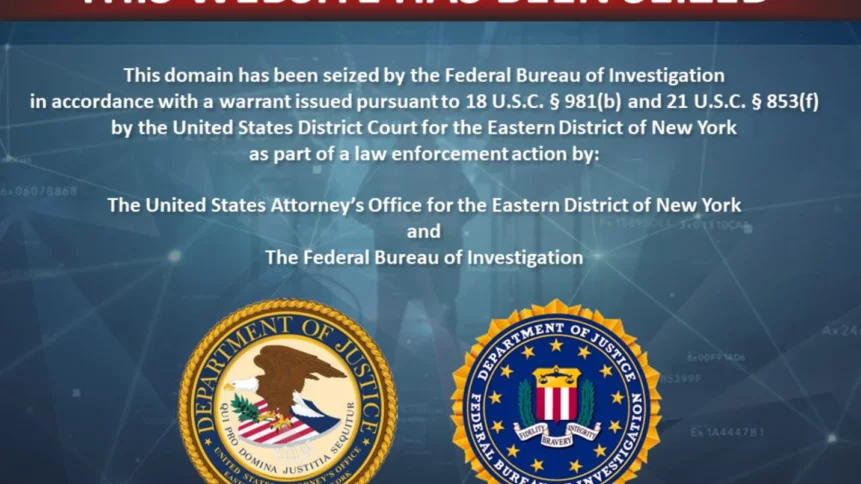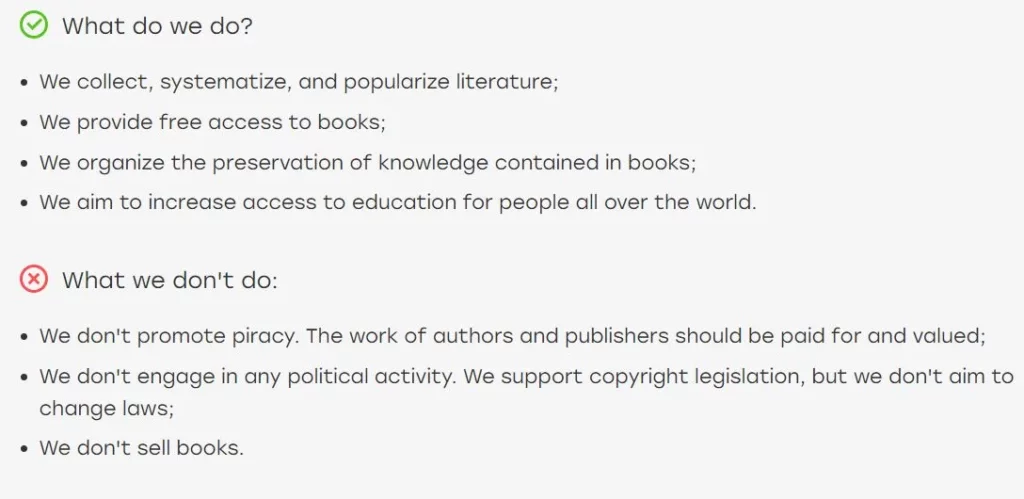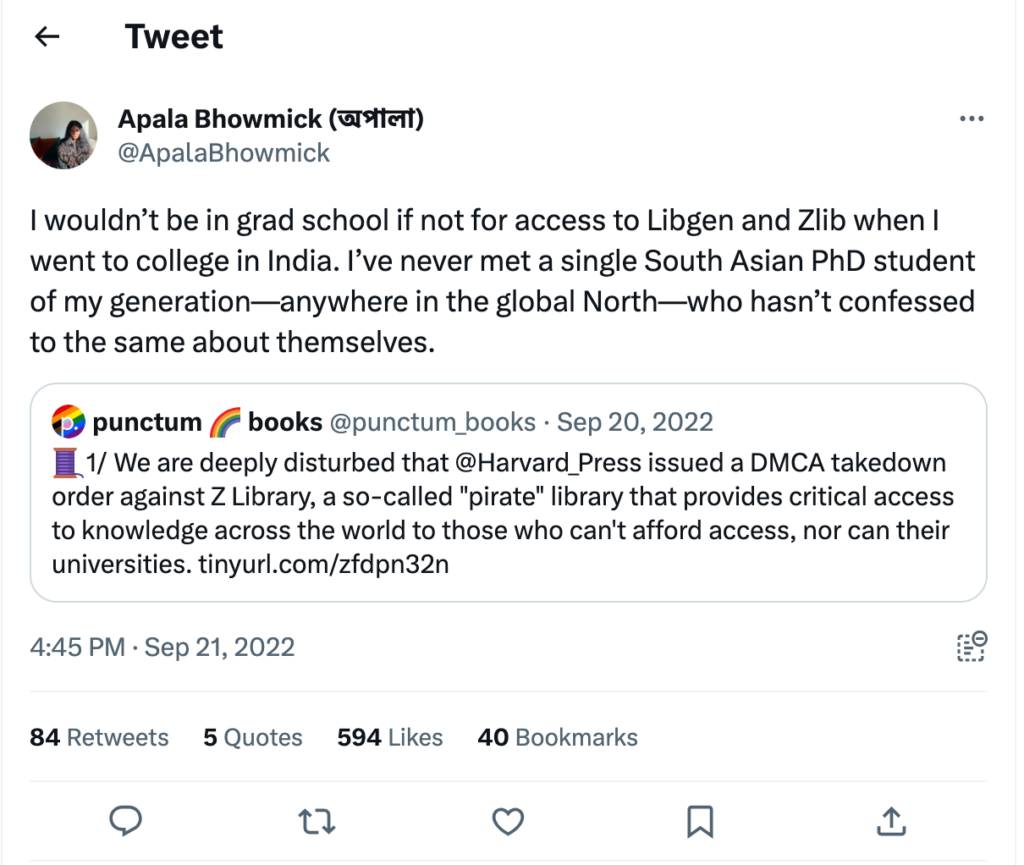Z-Library finds alternative ways to stay active

• Z-Library alternatives growing, opening users up to scams.
• Z-Library deploying its own new access method.
• Z-Library embroiled in a complex legal case.
Z-Library, the shadow library that allows file sharing of academic journals, is finding alternative ways to stay alive despite significant attacks and losses in recent months.
A new access method has been launched by the shadow library to help improve accessibility. The dedicated desktop application will make it easier to access the site going forward, after several rounds of domain seizures by the US government.
One of the reasons for the development of this software is the criminal case that Z-Library is embroiled in. In November 2022, Z-Library lost access to over 200 domain names after two of its alleged operators were arrested in Argentina. Both defendants, who are Russian, retained US lawyers to fight their cases.
However, both Valeriia Ermakova – who has hired the services of Temkin & Associates – and Anton Napolsky – who is being represented by Brown Legal Consulting – have opted for lawyers who are fluent in Russian.
More recently, there’ve been more domain seizures. Last year, Z-Library approached the issue by initially denying that it had been targeted, but this time around the site’s operators were quick to confirm the action, directing users to alternative login screens through a Telegram message.
“Unfortunately, one of our primary login domains was seized today. Therefore, we recommend using the domain singlelogin.re to log in to your account, as well as to register,” the Z-Library team wrote.

Via TorrentFreak.com
Z-Library alternatives gain traffic
Although the shadow library has pushed ahead through recriminations, lost domain names send traffic to knockoffs and alternatives. Z-Library alternatives are now getting millions of visitors a month, but don’t have the same track-record as the original, putting users at risk of scams.
The shadow library also faced a huge bot attack earlier this month, causing technical issues: registrations stopped working and email delivery was interrupted. These are also likely factors in the development of the new desktop software.
The desktop launcher will be available for Mac, Windows and Linux platforms, and will automatically redirect users to the right place without relying on a single domain name. Previously, users accessed Z-Library through a dedicated URL that directed them to a ‘personal’ domain, which provided access to Z-Library.
The use of subdomains was working, but could easily have been wiped out by yet another round of domain seizures. The team announced that the launcher “will save you the trouble of searching for a working website link, as it will handle everything for you.”
Not only does it simplify access to Z-Library, but it can connect over the Tor network, which helps evade blocking efforts and adds another layer of privacy. Apparently, the software will likely trigger a notice that it’s from an unverified developer; Z-Library says this is standard, but of course users should treat third-party applications with caution.
The accessibility argument
It might be unexpected that the service would plough ahead during an active criminal case. In this respect, its reminiscent of how The Pirate Bay positioned itself years ago. The Z-Library team sees “free access to literature” as a main driver.
YOU MIGHT LIKE

A win for open access as Z-library goes physical
“The goal of Z-Library is to provide free access to literature to as many people in need as possible. Books are the scientific and cultural heritage of all humankind, and we strive to preserve this legacy and use its power for the benefit of our society.”
“We don’t promote piracy. The work of authors and publishers should be paid for and valued,” the Z-Library team explains, adding that it supports copyright legislation and doesn’t aim to change any laws.
However, free access to literature is paramount to many students’ studies, particularly in remote or underfunded areas.

Source: https://twitter.com/ApalaBhowmick/status/1572613014444212225?s=20
According to Bhowmick (the above tweet’s author), the Z-library shutdown is another pattern of racism and inequity that hinders promising young people from following their academic passions to futures in wealthier countries with more supported academic institutions. “There are scant ways of finding access to scholarly literature in India due to fractured print culture networks and limited incomes,” she said, “It’s almost a deliberate strategy to gate-keep academia from those who are racialized, or marginalized in other ways, especially in vulnerable economies in the world.”








